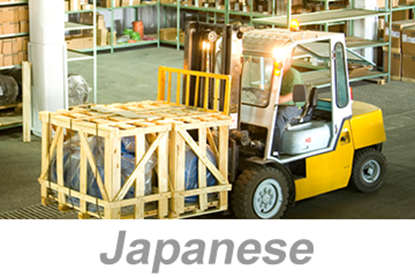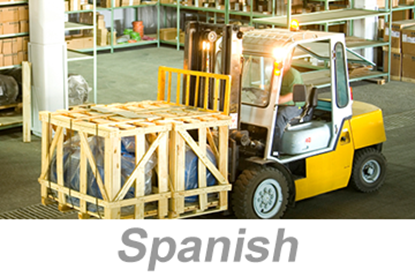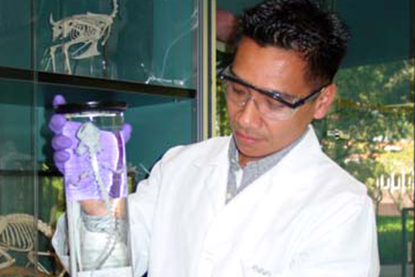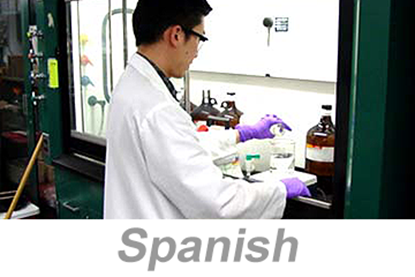You have no items in your shopping cart.
All Courses
Forklift Awareness (Japanese)
フォークリフトなどの動力付き産業用トラックは、装置や資材を持ち上げたり、移動させたりするために普段使われます。 動力付き産業用トラックを運転する際は、怪我をする危険性が高いだけでなく、死亡事故が起きる可能性もあるため、安全性を向上するために使用方法とトレーニングに関する推奨事項を作成しました。 このトレーニングは、フォークリフトを運転する、またはフォークリフトの運転を監督する全従業員を対象としています。
$29.95
Forklift Awareness (Portuguese)
Veículos industriais motorizados, como as empilhadeiras, são usados para erguer e mover equipamentos ou materiais. Devido ao risco de ferimentos e até de morte durante a operação de um veículo industrial motorizado, algumas recomendações de uso e treinamento foram elaboradas para proporcionar maior segurança. Esse treinamento é indicado para todos os funcionários que operam ou supervisionam a operação de empilhadeiras.
$29.95
Forklift Awareness (Spanish)
Los camiones industriales motorizados como los montacargas se usan a diario para elevar y mover equipos o materiales. Debido al alto riesgo de lesiones e incluso la muerte durante la operación de un camión industrial motorizado, se han desarrollado algunas recomendaciones de uso y de capacitación para mejorar la seguridad. Esta capacitación es ideal para todos los trabajadores que operen o supervisen la operación de montacargas.
$29.95
Formaldehyde (US)
Formaldehyde is commonly used in anatomy labs, medical research and teaching facilities as a tissue preservative or as an organic chemical reagent. This course will inform you of the health risks, precautions and handling procedures you need to know when working with formaldehyde.
$29.95
Formaldehyde (US) (Spanish)
El formaldehído se usa comúnmente en laboratorios de anatomía, investigación médica y establecimientos de enseñanza como un conservante de tejidos o un reactivo químico orgánico. Este curso le informará de los riesgos para la salud, las precauciones y los procedimientos de manejo que necesita saber cuando trabaje con formaldehído.
$29.95
General Industry Safety Program (IACET CEU=1.2)
Whether you are implementing a new general industry safety program or augmenting an existing program, it can be stressful to choose what to cover. The Top 25 General Industry package takes the guesswork out of selecting topics. Our package is composed of the 25 safety courses that general industry audiences consider the most critical to working safely and avoiding damage, injuries and fatalities. Topics include everything from working at heights and preventing back injuries to preventing workplace violence. These courses are ideal for everyone who works in general industry, from workers to supervisors.
$129.00






